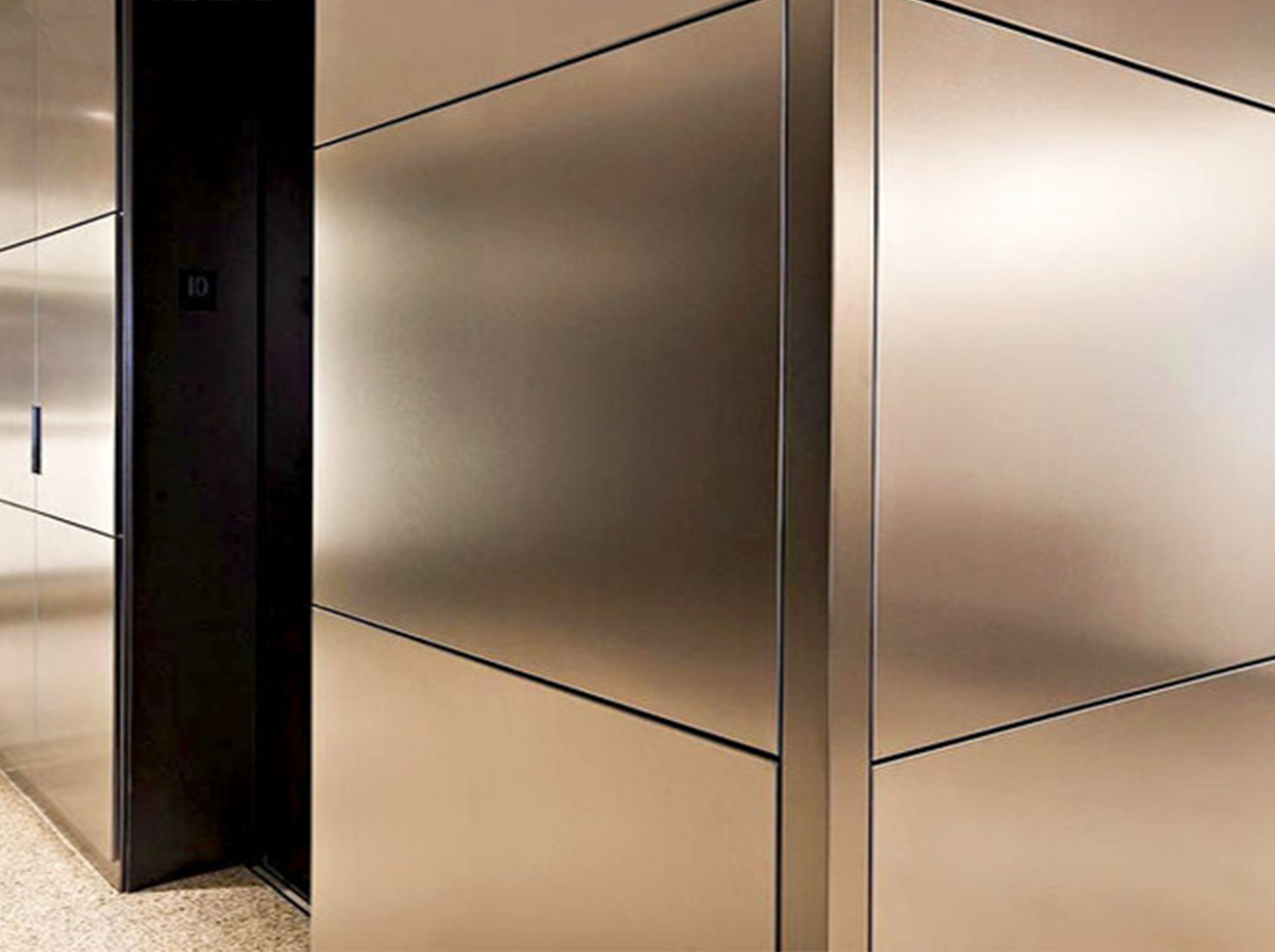Aluminum's Soundproof Benefits: Enhancing Acoustic Comfort
Author:Jayminton Time:2024-07-31

In the realm of architecture and construction, the quest for acoustic comfort has always been paramount. Whether designing a residential space, a commercial building, or an industrial facility, minimizing noise pollution is crucial for enhancing the quality of life and productivity of its occupants. One material that has gained significant attention for its soundproofing benefits is aluminum.
Understanding Aluminum's Soundproof Properties
Aluminum, known primarily for its lightweight, durability, and versatility, also possesses unique acoustic properties that make it an excellent choice for soundproofing applications. Here’s how aluminum contributes to reducing noise transmission:
Sound Absorption: aluminum panels can be engineered to absorb sound waves effectively. When properly designed with perforations or textured surfaces, aluminum sheets can trap and dampen sound vibrations, preventing them from traveling through walls or structures.
Noise Barrier: In addition to absorbing sound, aluminum can act as a noise barrier. Its density and thickness can be optimized to block sound transmission from one area to another. This makes it ideal for partition walls, ceilings, and enclosures in buildings where privacy and noise reduction are critical.
Vibration Dampening: Aluminum's structural integrity allows it to resist vibrations, which is particularly useful in environments prone to mechanical vibrations or reverberations. By minimizing vibrations, it helps in reducing secondary noise sources.
Applications in Various Sectors
1. Architectural Design:
Aluminum's adaptability makes it a favored choice among architects and designers aiming to create acoustically optimized spaces. It can be seamlessly integrated into ceilings, walls, and floors to enhance soundproofing without compromising on aesthetics. Its lightweight nature also ensures ease of installation and maintenance.
2. Automotive Industry:
In the automotive sector, aluminum is increasingly used to fabricate vehicle components that contribute to reducing interior noise levels. From door panels to engine enclosures, aluminum helps in creating quieter cabins, enhancing the overall driving experience.
3. Industrial Settings:
Industrially, aluminum finds applications in manufacturing facilities where noise from heavy machinery or equipment poses challenges. By incorporating aluminum barriers or enclosures, these environments can mitigate noise pollution, fostering safer and more comfortable working conditions for employees.
Environmental and Economic Advantages
Beyond its acoustic benefits, aluminum offers environmental sustainability and economic advantages. It is fully recyclable, contributing to green building certifications like LEED. Its longevity and low maintenance requirements also translate into cost savings over the lifespan of a structure.
Future Innovations
As research and development continue, innovations in aluminum alloys and manufacturing techniques promise even greater advancements in soundproofing capabilities. These innovations will likely expand the scope of aluminum's applications in diverse industries and settings, further enhancing acoustic comfort globally.
Conclusion
Aluminum's soundproofing benefits are transforming how we design and construct spaces, ushering in an era where acoustic comfort is not just a luxury but a fundamental aspect of building design. With its versatility, durability, and environmental credentials, aluminum stands as a material of choice for architects, engineers, and designers seeking to create quieter, more harmonious environments in our increasingly noisy world. As technology evolves, so too will aluminum's role in shaping a quieter and more comfortable future for all.

 S1 Clip-in Metal ceiling System
S1 Clip-in Metal ceiling System JMT-L4.2 U-Baffle System
JMT-L4.2 U-Baffle System JMT Aluminum Wall Cladding
JMT Aluminum Wall Cladding Aluminum Honeycomb Panel
Aluminum Honeycomb Panel Air-Condenser Cover
Air-Condenser Cover Metal Heat Cover
Metal Heat Cover Singapore Changi Airport T2 Arrival
Singapore Changi Airport T2 Arrival Australia Marvrl Stadium City Edge
Australia Marvrl Stadium City Edge Enterprise Information Announcement
Enterprise Information Announcement Construction Industry Solutions
Construction Industry Solutions About Jayminton
About Jayminton Contact US
Contact US